We use cookies to ensure that we give you the best experience on our website. If you continue to use this site, we assume you agree to our privacy policy and terms and conditions
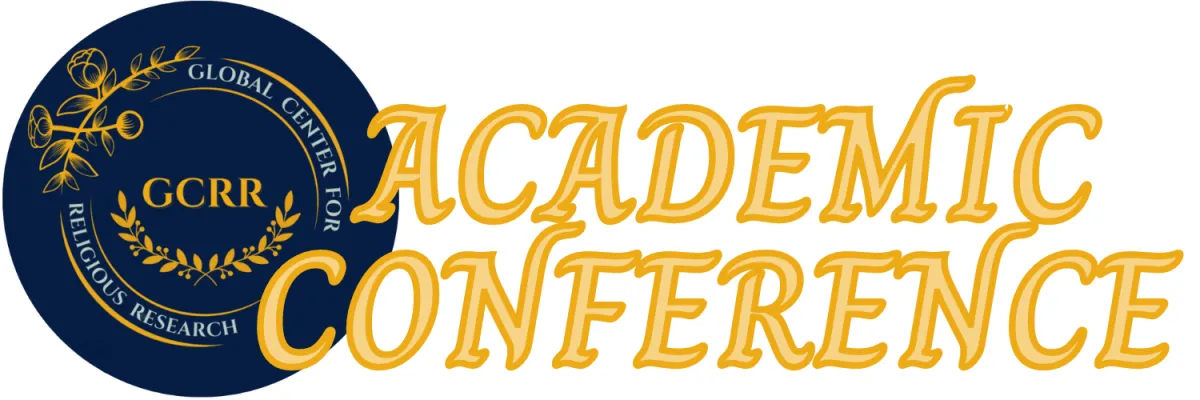

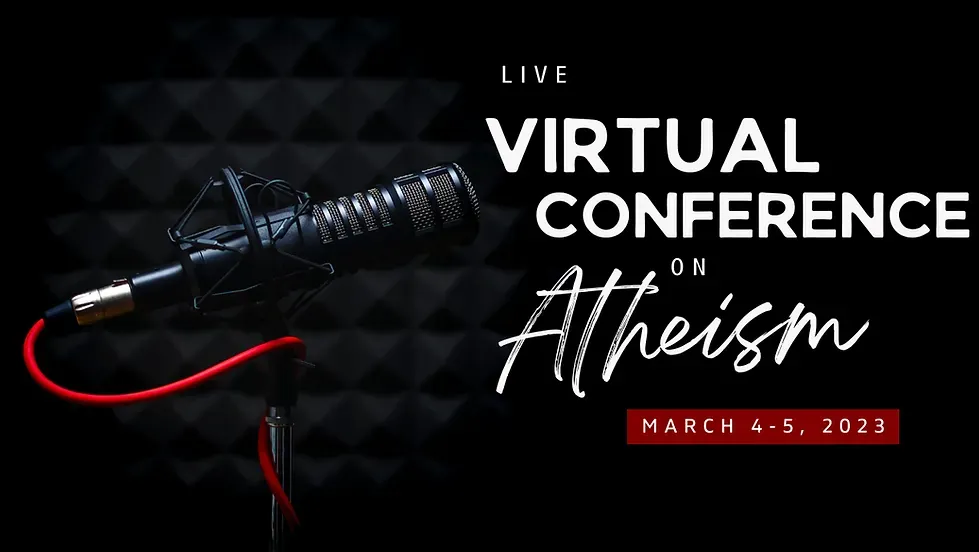


This virtual academic e-conference hosted by the Global Center for Religious Research will bring together authors, social-scientists, historians, philosophers, specialists, and students from all over the world to discuss the subject of atheism.
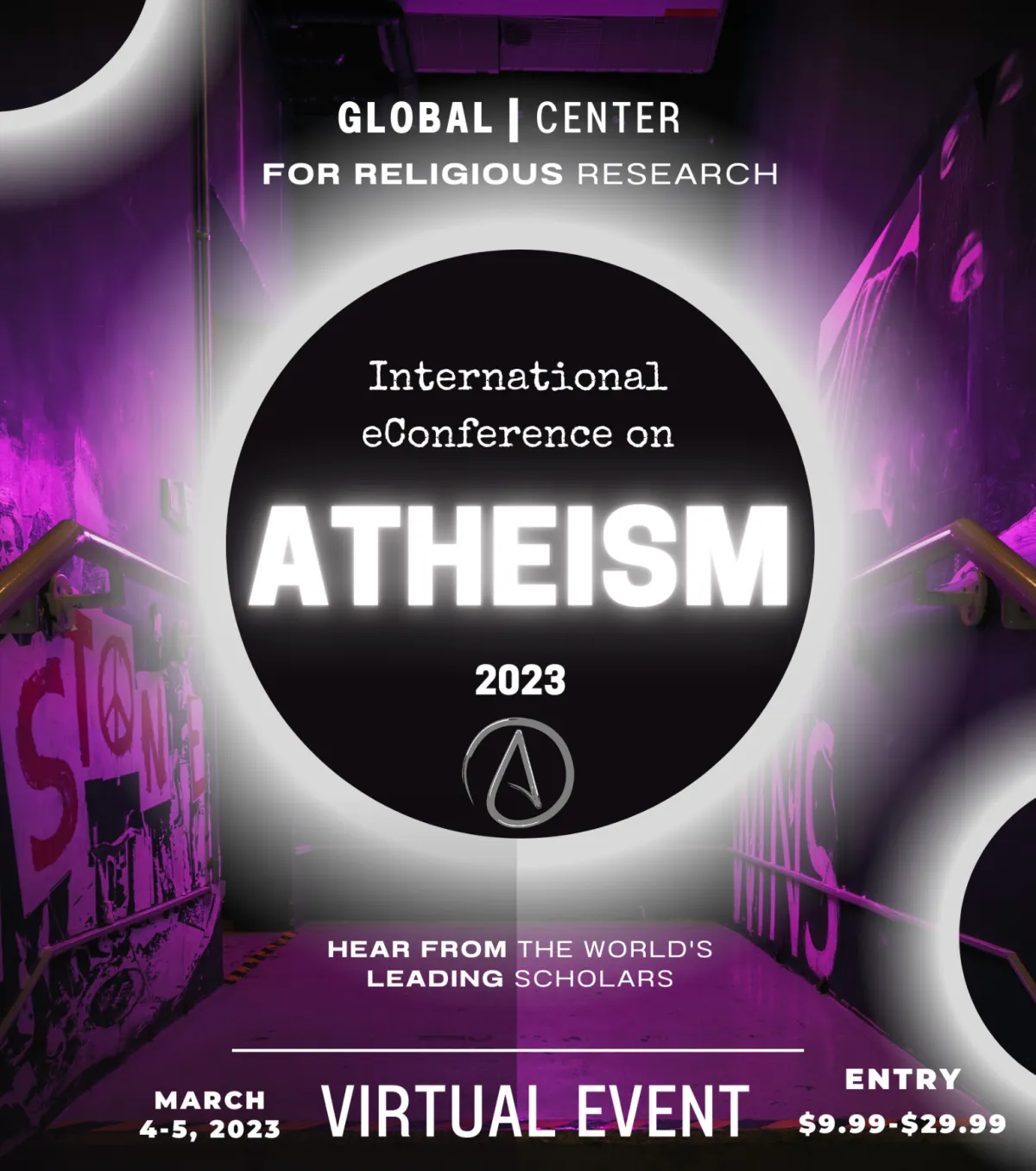

ALL EVENT PROCEEDS GO TOWARD FUNDING GCRR'S SOCIAL-SCIENTIFIC RESEARCH ON RELIGION FROM AROUND THE GLOBE
ALL EVENT PROCEEDS GO TOWARD FUNDING GCRR'S SOCIAL-SCIENTIFIC RESEARCH ON RELIGION FROM AROUND THE GLOBE
PRESENTATION SCHEDULE
PRESENTATION SCHEDULE
SATURDAY MARCH 4, 2023
Religious Trauma can look like:
❧ Deep or chronic shame about being a sinner and not living up to expectations
❧ Feelings of unworthiness, being unlovable, or bad in some way
❧ Fear of rejection by God or the faith community
❧ Lack of self-compassion
❧ Lack of personal autonomy - an engrained belief that one's life is for God's sole purpose, leading to challenges making decisions, creating personal boundaries and providing intentional consent
❧ Feeling that they can't trust themselves, their body or their emotions
❧ Growing up with chronic fear or anxiety around salvation, rapture, Hell, Satan, or demons
❧ Feeling personally responsible for Christ's death
❧ Superstitious beliefs about what will lead to positive and negative outcomes in life
❧ Perfectionism or hypervigilance - fear of making mistakes
❧ Extreme dualistic thinking - judging every individual thought and action as "good" or "bad"
❧ Spiritual bypassing - denying the presence and validity of mental health issues due to a belief that those feelings come from Satan or a lack of faith and if they pray enough or are favored then God will take it away
❧ Difficulty with experiencing pleasure
❧ Feeling bad or wrong for having sexual thoughts or feelings, or having physical reactions to sexual situations such as crying or feeling a disconnection from the body
❧ Denying sexuality
❧ Lasting trauma from conversion therapy
Saturday 3/4/23
Saturday 3/4/23
11:00 AM - 12:30 PM MST
7:00 AM-8:30 AM
MST

Terri Daniel, DMin, CT, CCTP - Inter-spiritual Hospice Chaplain, Grief Counselor and Adjunct Instructor
"Bereavement and Bad Theology: A Toxic Cocktail"
(pre-recorded presentation)
This presentation examines the ways in which embedded theological assumptions can be harmful for traumatized or bereaved individuals. We will examine common Western psycho-spiritual beliefs and how a "crisis of faith" can lead to a shift in theological thinking that can be beneficial to the healing process. We will also explore therapeutic tools and healing practices for helping someone in spiritual crisis to consider new cosmologies and new images of God that are more supportive and inclusive than those found in traditional structures.
9:00 AM-10:30 AM
MST

Tori Cotton - Graduate Instructional Assistant in Philosophy, University of Arkansas
"In Defense of the Hypothesis of Indifference"
( pre-recorded presentation )
The Hypothesis of Indifference is Paul Draper’s answer to the problem of evil. His claim is that the pain and pleasure we experience in our lifetimes has nothing to do with God or some other supernatural force acting as an agent of good
or evil. In this presentation, I argue that Draper's Hypothesis of Indifference is a
better explanation for why we experience pain and pleasure than theism is, and that it survives major contemporary philosophical criticisms
11:00 AM-12:30 PM
MST

Derek Lambert - Host of MythVision Podcast
"Exiting the Cave of Ignorance"
Using Plato's cave and other visual illusions, I will be discussing how one's perception changes when deconverting from Christianity. I will argue that we need to anchor our epistemology with something more concrete than blind faith. When we do so, the nature of reality will become clearer.
Saturday 3/4/23
Saturday 3/4/23
1:00 PM - 2:30 PM MST
1:00 PM-2:30 PM
MST

Derreck Bennett - Independent Student of Christian Origins
"Did Jesus Rise from the Dead?"
Apologetic arguments for the resurrection of Jesus will be addressed and refuted, by drawing upon comparative religion, ancient texts, sociology and psychology, and the most up-to-date scholarship on issues surrounding the New Testament.
Saturday 3/4/23
Saturday 3/4/23
3:00 PM - 4:30 PM MST
3:00 PM-4:30 PM
MST

Richard Carrier, PhD - Author, Philosopher, Historian
"The Dwindling Merits of Resurrection Apologetics"
For the last twenty years, Christians have attempted a revival of "resurrection apologetics," applying what are claimed to be objective historical standards toward arguing that the resurrection of Jesus Christ is credible to believe without relying merely on faith. Their project has conspicuously failed. What began a triumphant barrage of arguments has dwindled to a scant few claims even close to defensible. A survey of this decline will be presented, with advice on how to expose the logical and factual flaws in what remains.
Saturday 3/4/23
Saturday 3/4/23
5:00 PM - 6:30 PMMST
5:00 PM-6:30 PM
MST

John Verner - Host of the "Cult of Christianity" Podcast
"The Only Stopping Religious Trauma is Journalism"
Through my podcast, my reporting, and church investigations, I've learned that religious trauma is treated as something a victim must deal with, not something that can be cut off at the source. In my opinion, journalism seeks to do the latter.
Saturday 3/4/23
Saturday 3/4/23
7:00 PM - 8:30 PM MST
7:00 PM-8:30 PM
MST
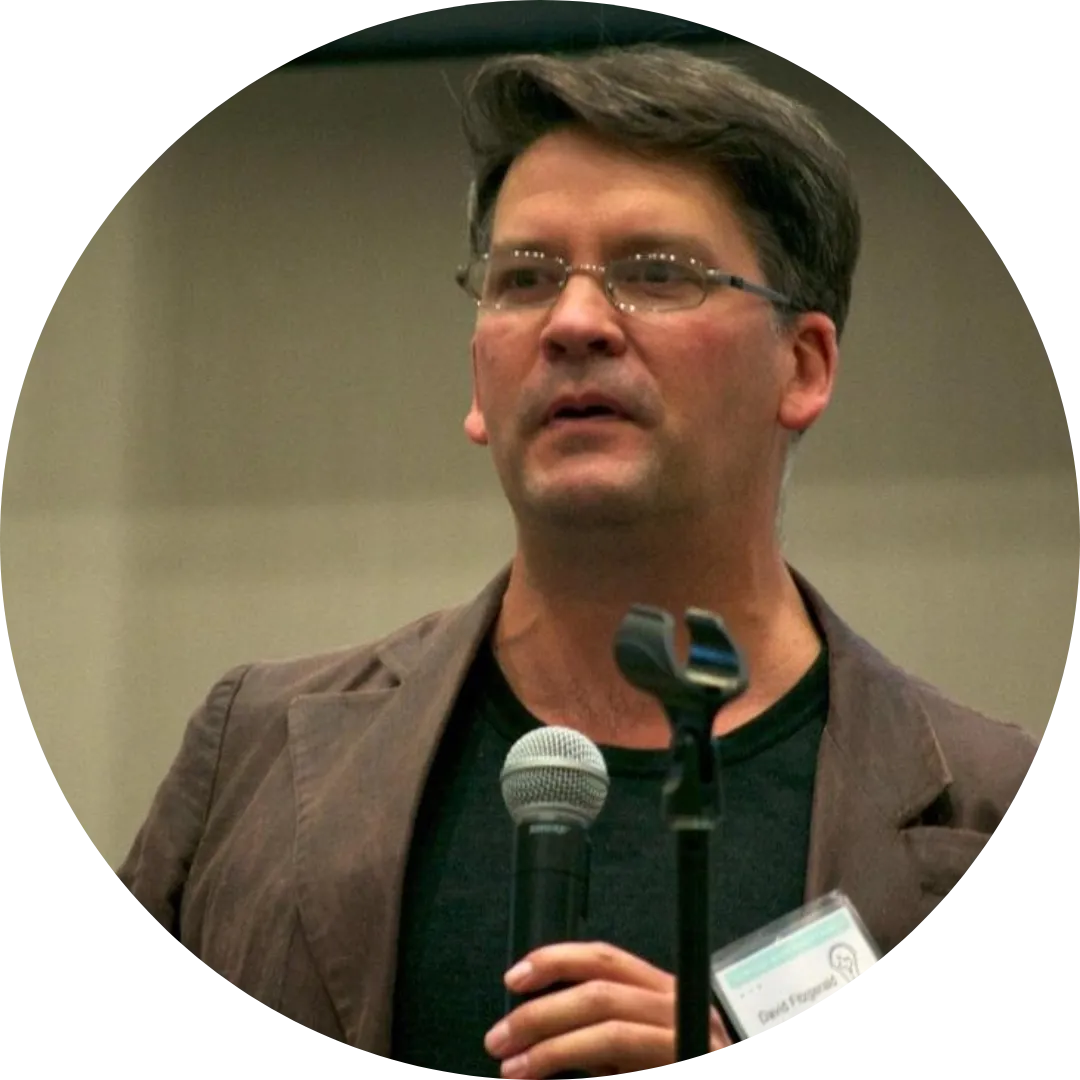
David Fitzgerald - Author of Nailed and Jesus: Mything in Action
"When Was Moses Invented?"
This presentation follows the surprising evolution of Moses within early Judaism.
9:00 PM-10:30 PM
MST

Shane Almgren - Independent Researcher, Freelance Writer, Author and Humorist
"Conspiracy Christianity: How Evangelical Thinking Promotes Wild Propaganda, Outlandish Conspiracy Theories & Dangerous Misinformation in the Modern World"
The rise in baseless, and increasingly dangerous, conspiracy theories like QAnon are overwhelmingly the domain of the conservative right-wing in America, predominantly comprised of the Evangelical Christian voting bloc. A sizable portion of these adherents is neither dumb, uneducated, poorly-read, nor delusional. They are simply products of an extremely rigorous religious "thought training" program that begins when they’re children.
SUNDAY MARCH 5, 2023
Sunday 3/5/23
Sunday 3/5/23
7:00 AM - 8:30 AM MST
7:00 AM-8:30 AM
MST

Matthew Clemons - Philosophy PhD Candidate, Stony Brook University
"Absurdity, Contingency, and Natural Evil"
At least some strands of contemporary atheism are marked by a sense of cosmic homelessness, paralyzed in the tension that exists between our longing for meaning and fulfillment and the seeming indifference or even hostility of the world to those aspirations. Some existentialist thinkers have referred to this tension as "absurdity." In this presentation, I attempt to temper the insight of the absurd, first by distinguishing it from contingency, and then by suggesting that the phenomenon that it captures is more accurately accounted for by the category of "natural evil."
Sunday 3/5/23
Sunday 3/5/23
9:00 AM - 10:30 AM MST
9:00 AM-10:30 AM
MST

David Kyle Johnson, PhD - Professor of Philosophy, King's College
"Midnight Mass as Philosophy:
Mike Flanagan's Cinematic Argument for Atheism"
Based on my chapter for the Palgrave Handbook of Pop Culture as Philosophy, I will overview the argument for atheism that Mike Flanagan presents in his series "Midnight Mass." Not only does he articulate the problem of evil, but arguments are presented against belief in miracles, the supernatural, and the afterlife. To boot, he explains away religious belief and endorses the idea that religious faith is dangerous. Each of these arguments will be explored in turn.
Sunday 3/5/23
Sunday 3/5/23
11:00 AM - 12:30 PM MST
11:00 AM-12:30 PM
MST

Jack David Eller, PhD - Cultural Anthropologist and
Head of Global Anthropology of Religion
"The Surprising Surge of Nonbelief and Atheism
in the Muslim World"
Scholars, commentators, and the general public have long assumed that Islam is stubbornly immune to secularization and modernization. However, criticism of religion up to and including nonbelief and atheism has recently surged in majority-Muslim countries, forming what some alarmed authorities call a tsunami of nonreligion. The presentation will report statistical, biographical, sociological, and ethnographic data on the growing population of nonbelievers in Muslim countries and the social and legal challenges they face.
Sunday 3/5/23
Sunday 3/5/23
1:00 PM - 1:30 PM MST
1:00 PM-2:30 PM
MST

Kailey A. Bradley, MA, FT, LPCC-S, NCC -
Counselor, Thanatologist, Researcher
"Secular Grief Support: When Thoughts and Prayers aren't Enough"
(pre-recorded presentation)
Grief impacts spirituality in profound ways whether a grieving individual identifies as religious, spiritual, or non-religious. However, there is a gap in resources for individuals who identify as secular, humanist, atheist, or agnostic. These groups remain marginalized in accessing grief support that is in accordance with their worldview. Thus, this training seeks to provide resources and suggestions for compassionate grief support who are seeking ways to find meaning outside of the traditional religious or spiritual structure.
Sunday 3/5/23
3:00 PM-4:30 PM
MST

Jeremy Schumacher, MA, LMFT - Licensed Marriage & Family Therapist, Religious Trauma Specialist
"Bad Boundaries in the Bible"
When parents kill their children because a higher power told them to, they go to jail for child abuse. When God kills his own child, it gets branded as "mysterious ways." Looking at the Bible through the lens of family dynamics, we see repeated patterns of abuse, misogyny, and terrible relationship advice in both the Old and New Testaments. In this presentation, we will look at the values promoted in the Bible as a bedrock of bad boundaries that propagate and promote the abuses that continue to occur in the church today.
Sunday 3/5/23
5:00 PM - 6:30 PM
MST

Darren M. Slade, PhD - Historian and Philosopher of Religion
"Failed to Death:
Is the Worship of God Immoral?"
By utilizing real-world “Failed to Death” (FTD) examples of egregious human cruelty against children, the thesis of this presentation is that misotheists (those who scorn god for moral reasons) are justified in their refusal to worship any deity who exhibits a “depraved indifference” by refusing to intervene on behalf of victimized kids. Misotheists assert that if a god exists, then humanity is morally obligated to scorn that deity.
Sunday 3/5/23
7:00 PM - 8:30 PM
MST

Shawna Peters, MA - PhD Candidate, Ubiquity University
"Untwisting Mental Knots: Understanding Psychological Manipulation
as used in Protestant Fundamentalism"
Many ex-religious people struggle with guilt and shame because they had been drawn into a high-control group or remained after their childhood years. Coercive methods can be more influential than threats of physical violence; however, the general public has little awareness of this power, causing an increase in stigma and shame for ex-religious people. When appreciated as a sophisticated collection of techniques and practices, mental manipulation methods can be observed for the powerful tools they are. Understanding theories, terminology, and concepts related to coercive control can be one avenue to “untwisting the mind.”
9:00 PM-10:30 PM
MST

Jay Bundy, Dual-PhD - Postdoctoral researcher,
University of Minnesota
"Sometimes You Wanna Go Where Everybody Knows Your Name:
Building Community Beyond Broadcasting"
Many academics are making effective use of new media platforms and gaining a substantial following along the way. At the same time, atheists are turning to these platforms in search of communities of like-minded people as an alternative to traditional churches. I will discuss the limitations of using these platforms to build secular communities. I will argue that team building applications (virtual offices) can address many of these limitations while providing a safe space for atheists to grow intentional communities.
Sponsored By:
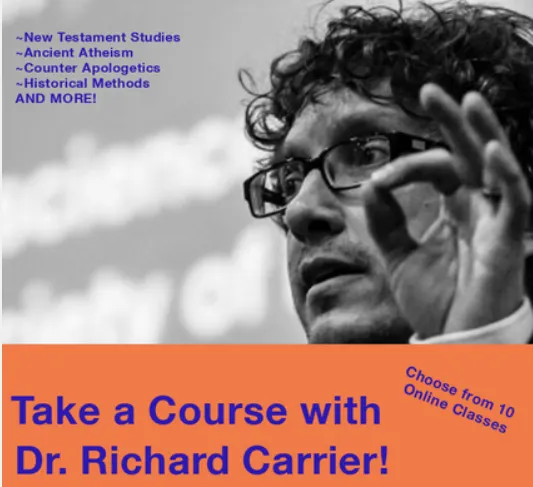
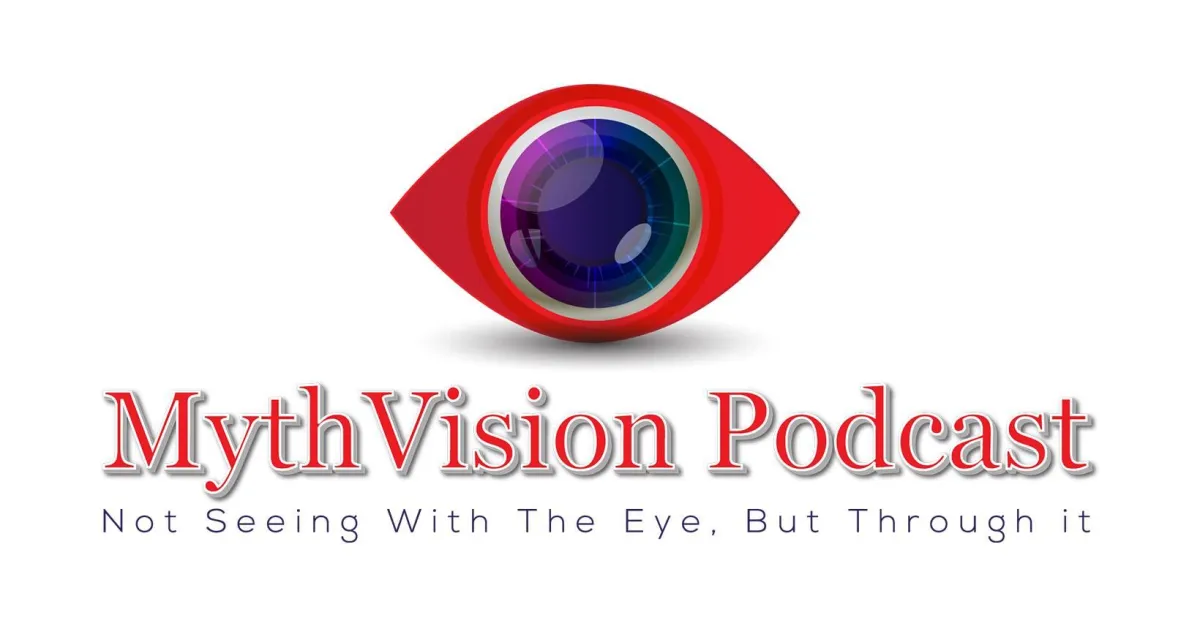
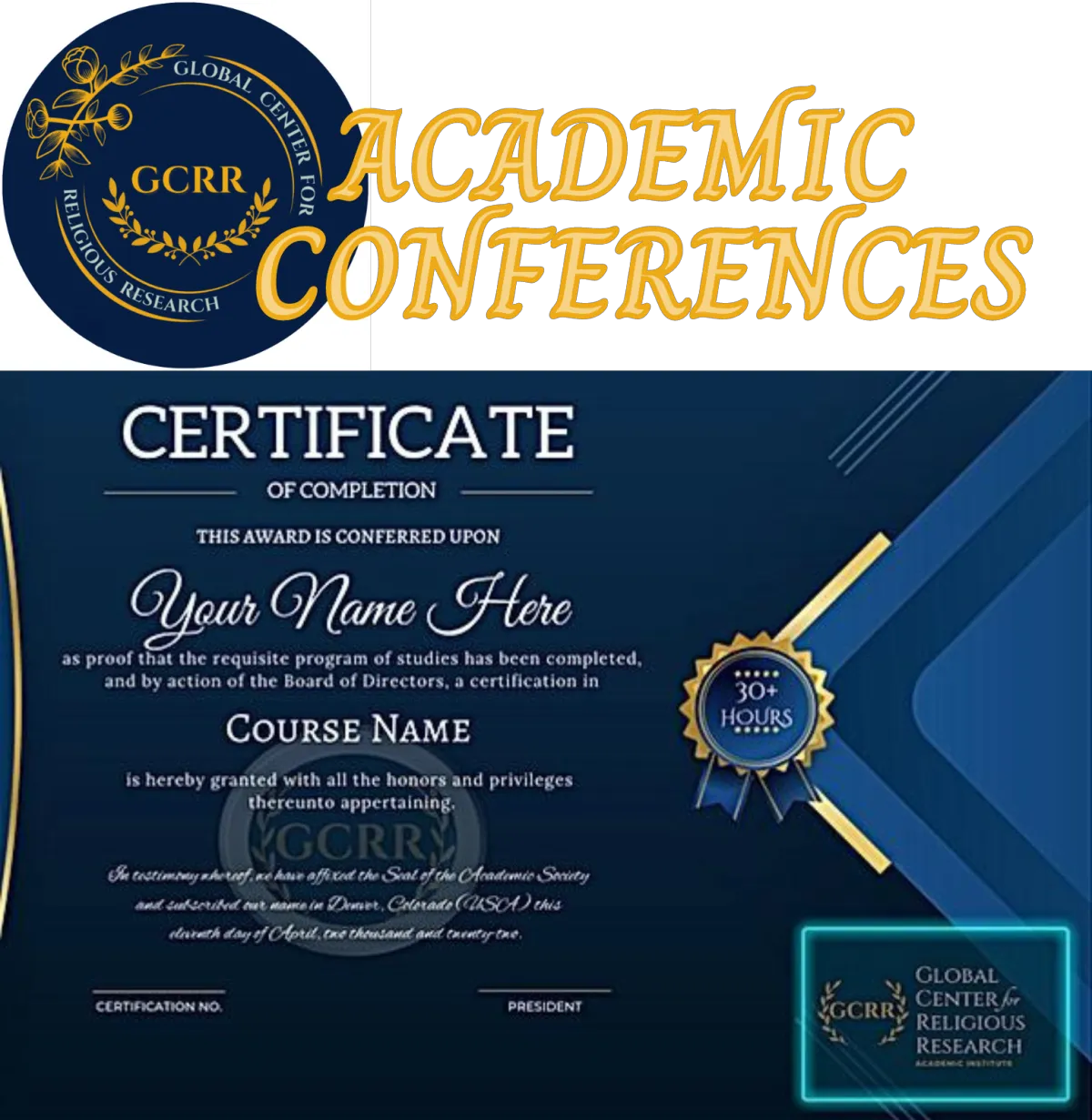
ABOUT THIS VIRTUAL CONFERENCE
The Global Center for Religious Research (GCRR) is hosting the 2023 International eConference on Atheism, which will bring together researchers, philosophers, historians, educators, and students from all over the world to discuss the latest research and insights into the academic study of atheism.
The purpose of this multidisciplinary virtual conference is to advance the philosophical and academic understanding of atheism.
This two-day conference will provide an interdisciplinary platform for scholars, educators, and students to present their research to international audiences from all different backgrounds.
And because the virtual conference is held online, scholars and students can attend from the comfort and safety of their own home without having to worry about travel and lodging expenses.

Why Attend this Conference?
We're Service-Driven, Not Profit-Driven
Many other conferences are profit-driven, meaning they charge exorbitant prices so only a select group of people can attend. In fact, in the past, other conferences on this subject have charged well over a hundred dollars just to hear a few people speak!
GCRR believes that academic knowledge and impactful topics like this one ought to be easily accessible to the general public.
We want to see as many people benefit academically and intellectually from attending the event without causing further financial hardship.
We Don't Have a Hidden Agenda
Many other conferences are not academic in nature, meaning they have a partisan and biased objective, and they will use their platform to brainwash people.
GCRR believes that academic conferences ought to be academic and scholarly. This means presenting accurate, peer-reviewed information that has in mind the best interests of academics and students alike.
Some organizations use these kinds of topics because they want you to join their religious community or religiously-based program (while accepting their version of God and their worldview).
Other organizations capitalize on the stimulating nature of the topic in an attempt to turn you into an anti-religious zealot. Both types of fanaticism are destructive.
GCRR's conferences and publications are evidence-based while also recognizing the complexity and nuance of both current scholarship and collegial dialogue. This means GCRR wants to hear different perspectives from different worldviews and traditions so attendees can potentially glean insights and benefits from them.
We Attract an International Audience
GCRR has society members and attracts attendees from all over the world! Each of our conferences are shown live across multiple platforms simultaneously, including Zoom, Facebook, and YouTube, in order to reach a larger audience.
All Presentations are Recorded and Distributed to attendents for Free
Some conferences actually charge people an extra fee to receive the event video recordings. With GCRR, the ticket price includes receiving the video recording of allpresentations so you can watch any talk that you missed (or rewatch any talk all over again).
ALL EVENT PROCEEDS GO TOWARD FUNDING GCRR'S SOCIAL-SCIENTIFIC RESEARCH ON RELIGION FROM AROUND THE GLOBE
ALL EVENT PROCEEDS GO TOWARD FUNDING GCRR'S SOCIAL-SCIENTIFIC RESEARCH ON RELIGION FROM AROUND THE GLOBE
We are the Global Center for Religious Research
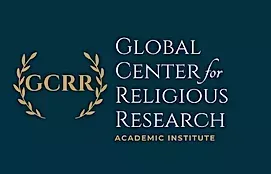
GCRR believes that academic conferences and publications ought to be scholarly and evidence-based. This means presenting accurate, ethical, and clinically-sound information.
GCRR believes that academic knowledge and impactful topics ought to be easily accessible to the general public as well as researchers, practitioners and leaders.
We neither promote nor denounce affiliation or practice within any religion but rather prioritize the specific needs of the sufferers over the needs of any one ideology or agenda.
GCRR believes that academic conferences and publications ought to be scholarly and evidence-based. This means presenting accurate, ethical, and clinically-sound information.
GCRR believes that academic knowledge and impactful topics ought to be easily accessible to the general public as well as researchers, practitioners and leaders.
We neither promote nor denounce affiliation or practice within any religion but rather prioritize the specific needs of the sufferers over the needs of any one ideology or agenda.
GCRR has been featured on:







This site is not a part of the Facebook™ or Instagram™ website or Meta Platforms, Inc. Additionally, this site is not endorsed by Facebook™ or Instagram™ in any way. Facebook™ and Instagram™ are trademarks of Meta Platforms, Inc.
Privacy Policy | Terms & Conditions
Copyright © 2023 - The Global Center for Religious Research